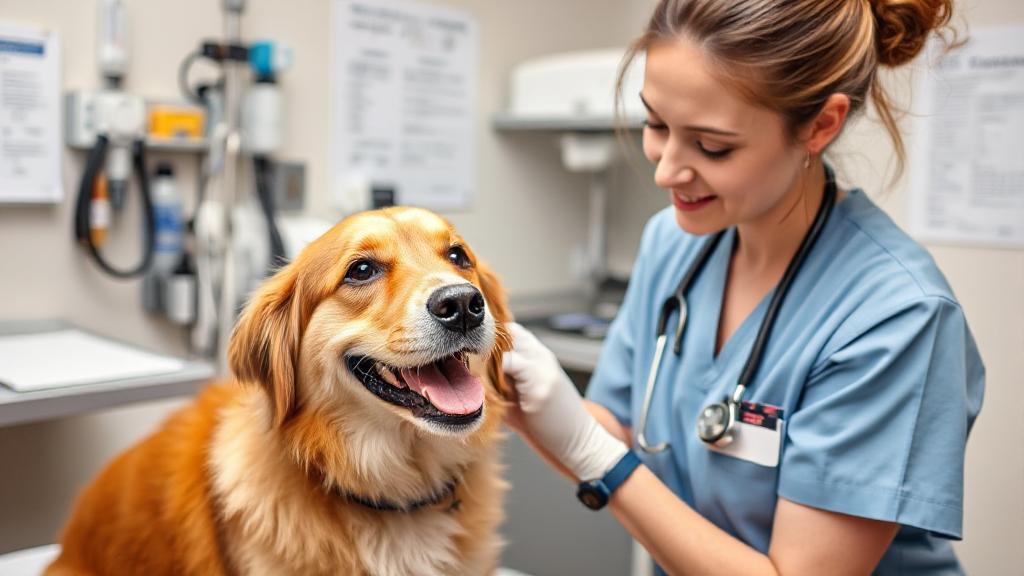Understanding the Role of a Veterinary Technician
Before diving into salary specifics, it's essential to understand what a veterinary technician does. Veterinary technicians, often referred to as vet techs, are crucial members of the veterinary healthcare team. They assist veterinarians in diagnosing and treating animals, performing medical tests, and preparing animals for surgery. Their role is similar to that of a nurse in human healthcare.
Key Responsibilities
- Conducting laboratory tests
- Administering medications and vaccines
- Assisting in surgeries
- Providing emergency first aid
- Educating pet owners on animal care
Base Salary Overview
The median annual salary for veterinary technicians in the United States is approximately $36,850, according to the Bureau of Labor Statistics. However, earnings can vary significantly based on several factors.
Salary Range
- Entry-level (0-2 years): $25,000 - $30,000
- Mid-career (2-5 years): $30,000 - $40,000
- Experienced (5-10 years): $40,000 - $55,000
- Senior level (10+ years): $55,000 - $65,000
Factors Affecting Salary
Several factors can influence how much a veterinary technician earns:
- Location: Salaries vary significantly by state and city. Urban areas tend to offer higher wages due to higher living costs.
- Experience: As with most professions, experience plays a crucial role in salary determination.
- Specialization: Vet techs who specialize in areas such as anesthesia, dentistry, or emergency care may earn more.
- Type of Employer: Different workplace settings impact earning potential.
Work Environment Salary Ranges
| Workplace Type | Average Salary Range |
|---|---|
| Private Practice | $32,000 - $45,000 |
| Emergency Clinics | $35,000 - $50,000 |
| Specialty Hospitals | $38,000 - $55,000 |
| Research Facilities | $40,000 - $60,000 |
Additional Compensation
Beyond base salary, many employers offer comprehensive benefits packages:
- Health insurance
- Dental and vision coverage
- Paid time off
- Retirement plans (401k)
- Professional development allowance
- Pet care discounts
Career Growth and Advancement
"Continuing education and specialization are key factors in advancing your career and increasing your earning potential." - National Association of Veterinary Technicians in America
To increase earning potential, vet techs can:
- Obtain additional certifications
- Pursue management positions
- Specialize in exotic animal care
- Move into veterinary pharmaceutical sales
- Consider teaching at veterinary technology programs
For those considering this career path, becoming a Veterinary Technician Specialist (VTS) in a particular area can lead to higher salaries and greater job satisfaction.
Industry Outlook
The veterinary technology field is experiencing strong growth, with employment projected to increase 20% through 2031, much faster than average for all occupations. This growth may positively impact salaries as demand for qualified professionals increases.
Factors Driving Growth
- Rising pet ownership
- Increased spending on pet healthcare
- Advanced veterinary treatments
- Growing awareness of animal health
For more detailed information on the responsibilities and career opportunities of a veterinary technician, you can visit the American Veterinary Medical Association (AVMA) website.
